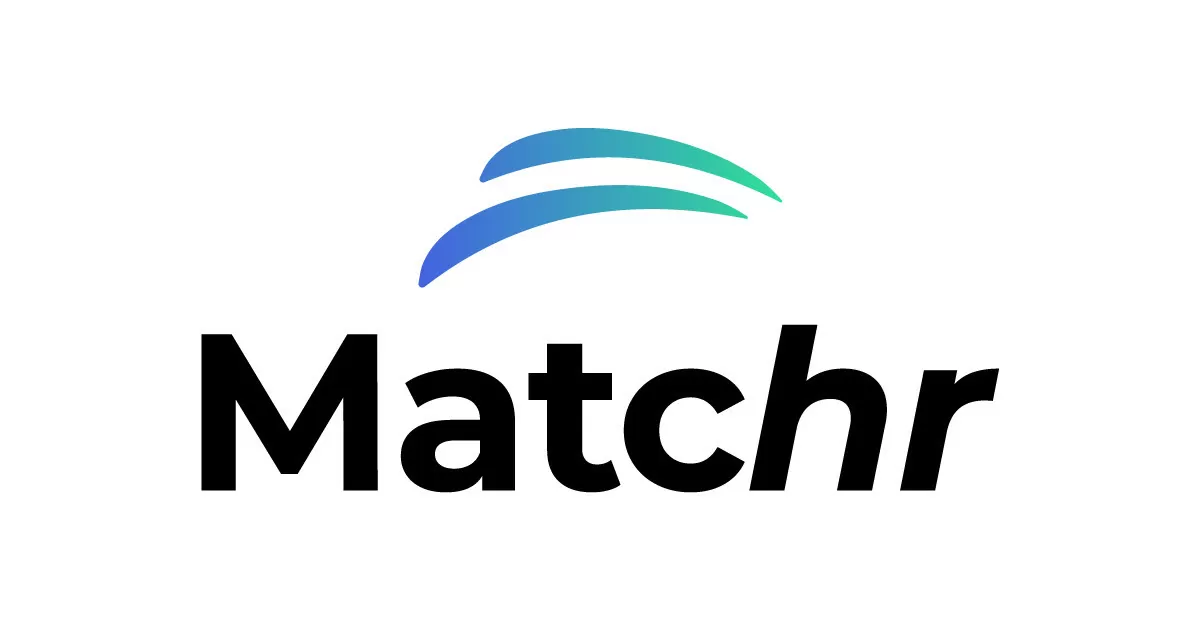Social media can be a good thing in the workplace, helping employees to communicate more easily and opening collaboration channels that may not otherwise exist. Many workplaces encourage employees to participate in social media, and may even make workplace-specific social media available. Studies are finding that social media users are often more productive than non-social users, which is helping to spur the trend.
However, there is a dark side to the social media rage. Employees don’t always use their best judgment when posting, and may inadvertently or even intentionally sully the reputation of a company with what they post online. It is important to be aware of some common social media “don’ts” so that your company can warn employees about the consequences of such posts and so that your human resources managers can be prepared to do damage control if an employee engages in one of the following activities.
1. Badmouthing the Company or Coworkers
People often take to social media to vent their frustrations, but this can be damaging if employees begin badmouthing the company or their coworkers online. Many companies have begun to address this issue, sometimes even offering incentives for employees that praise the company online. Letting employees know up front that badmouthing the company or coworkers may result in disciplinary action up to termination may help to prevent later lapses in judgment.
2. Making Remarks about Customers
Badmouthing customers may be an obvious offense, but sometimes even remarks that are not intentionally hurtful can put customers and employers in an awkward situation. When employees put comments about helping customers with money issues or post photos of customers without their permission, a line is being crossed. It may be a good “catch all” policy to simply forbid employees from creating customer-related social media posts.
3. Sharing Sensitive Information
Sharing company secrets or information that companies would rather have stay behind closed doors can cause untold financial damage to a company. Employees may not understand the damage that they are doing when they share their favorite recipe from the restaurant that they work at or explain how easy it is to do something that the company specializes in. Going over these scenarios during orientation may help employees to understand why these actions are unacceptable.
4. Making Distasteful Statements or Comments
Employees may not realize it, but they are representatives of their workplace-even when they are off-duty. Posting comments or making statements that are insensitive, racist, condemning of a certain religion or political view, or otherwise in bad taste reflects poorly on the workplace and may necessitate a disassociation from an employee. Since employees often have different ideas and opinions regarding what is distasteful, it may be helpful to create specific guidelines for employees to follow.
5. Encouraging or Condoning Violence
When employees condone or encourage violence in any way, it reflects poorly on a workplace. Employees should be warned that expressing anything other than sympathy or empathy in regards to a violent situation may be cause for termination. Educating employees on acceptable social media practices can often help to prevent future headaches.
Sources:
- https://www.businessinsider.com/facebook-fired-2011-5
- https://www.cnn.com/2013/06/06/living/buzzfeed-social-media-fired/
- https://sba.thehartford.com/managing-employees/5-cases-of-employees-getting-canned-over-social-media?cmp=EMC-SC-SBA-47545623
- https://time.com/money/3019899/10-facebook-twitter-mistakes-lost-job-millennials-viral/












